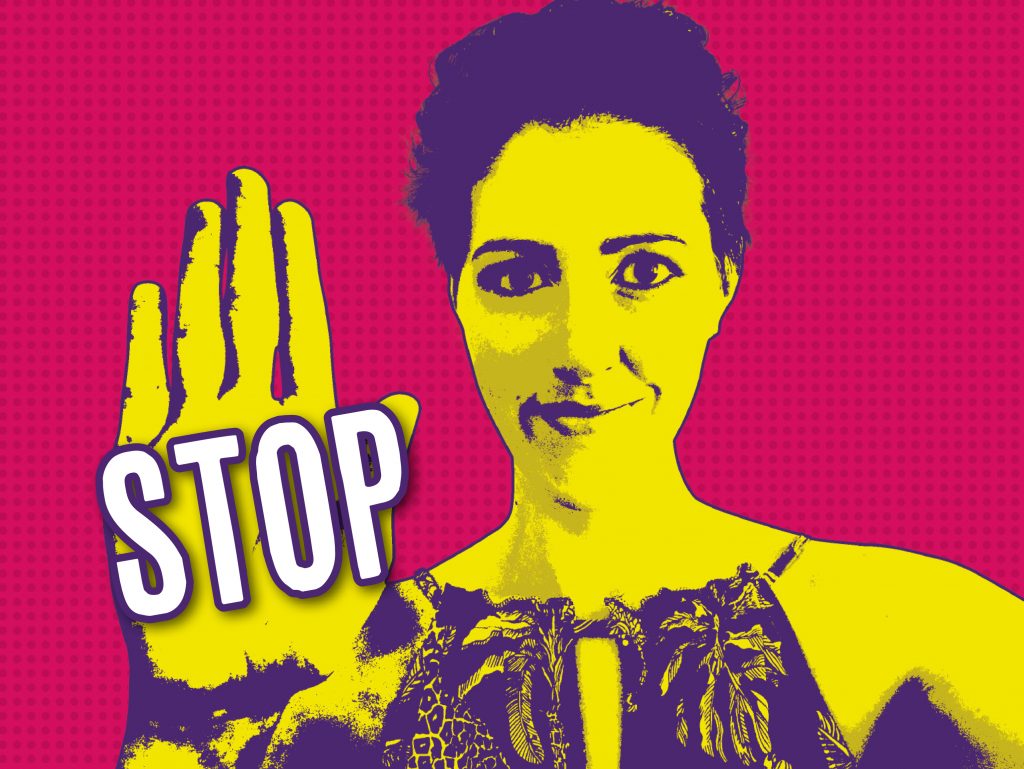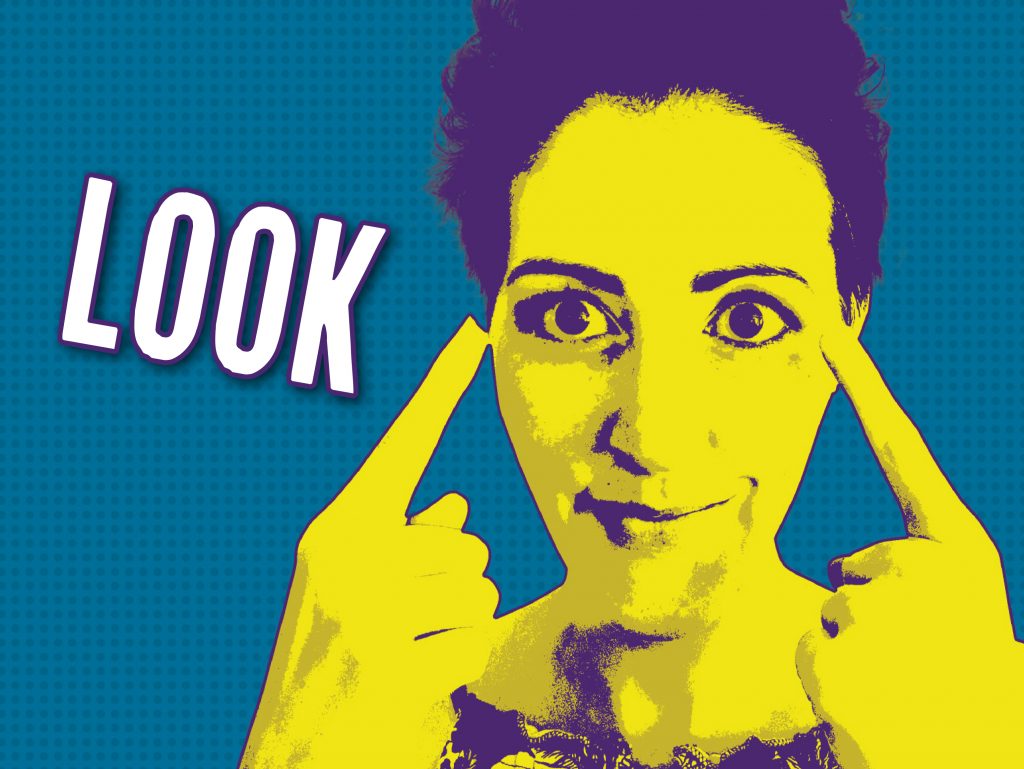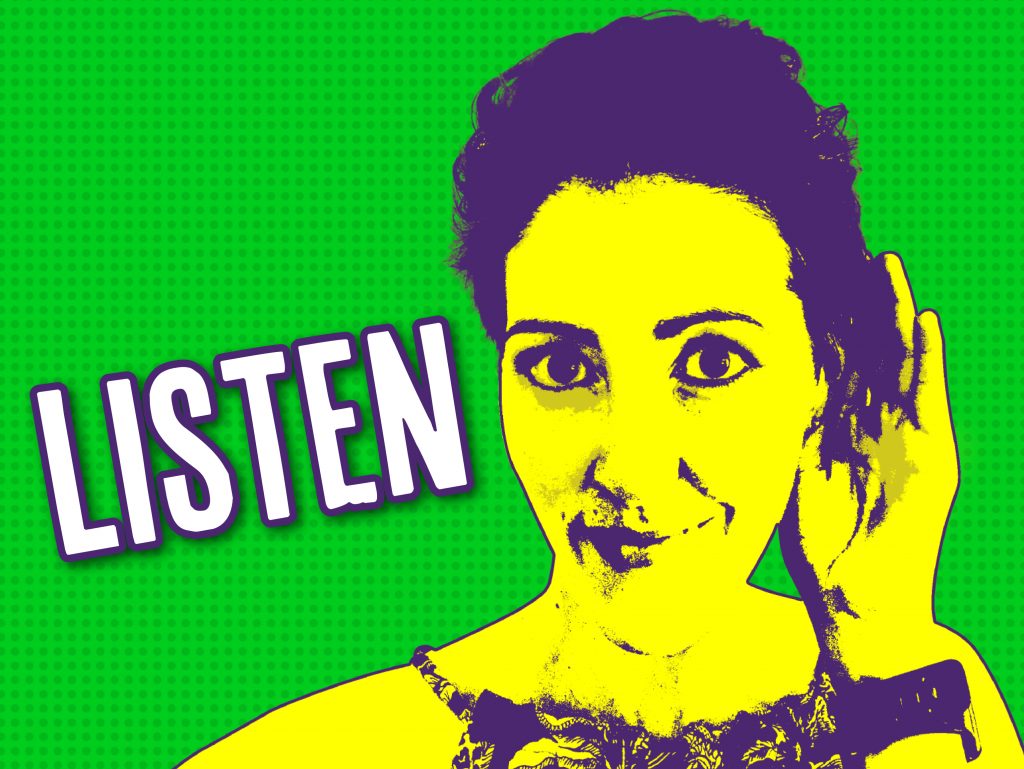Diabetes Hypos - Stop Look Listen
Request a Callback
By clicking on submit I / We give consent for you to call me / us on the number provided to discuss my / our financial requirements.
Caring - Understanding - Reliable - Advice
Hi, everybody, and welcome to today’s Stop, Look, Listen. Today I want to focus
specifically on diabetes, and, in particular, hypo or hypoglycaemia, and that’s where the blood sugar levels can drop quite low and can potentially be dangerous.
It’s really important to take some steps to put everything in place to get the person well again. So, there are some signs that you can look out for. So, for somebody who is diabetic, it’s very likely that you know all this information anyway. So, in a sense, please ignore me. I’m not going to try and teach you what you already know.
This is probably for people who maybe come across somebody who’s maybe having a severe hypo or for people who’ve got family members or friends that they know are diabetic and could possibly use the support if this happens.
So, the signs of a hypo would be, there’s some common ones which can include palpitations, it can include tingly lips, blurred vision, some disorientation, sweating, and there’s a few others as well.
If it was a severe hypo, then the person could become unconscious or possibly start fitting, at which point, if that is the instance that you are coming across them, it’s really important to get the person into the recovery position.
If there is an injection nearby that you have been trained to use, then it is suggested that you can potentially use that, but only if you have been trained to do so, and to also call an ambulance where they can give you more advice and get proper medical professionals to them.
So, if somebody is having a hypo, it’s important to get some fast-acting carbohydrates into them. Now, Diabetes UK suggests something like five jelly beans, a sugary drink, very specifically a sugary drink, maybe pure fruit juice or some glucose tablets or gels.
And then once the hypo has started to settle, afterwards it’s important there’s also some slow acting carbohydrates available, possibly a sandwich, a piece of fruit, a glass of milk.
Now no matter what in these situations, these are just to kind of give you some very sort of basic tips to help, but no matter what, if you come across somebody who’s in this situation, be supportive as you can, contact a medical professional and always contact the NHS or local GP if you are concerned.



Categories: Diabetes
Client Reviews








Talk to a Friendly Adviser
Get a Quote
What We Offer?
- Experienced and knowledgeable advisers
- Specialist advice with no fees to pay
- Full assistance with all of your paperwork
- Put your policy into trust at no cost
- A dedicated insurance adviser for you
Our Recent Awards



























